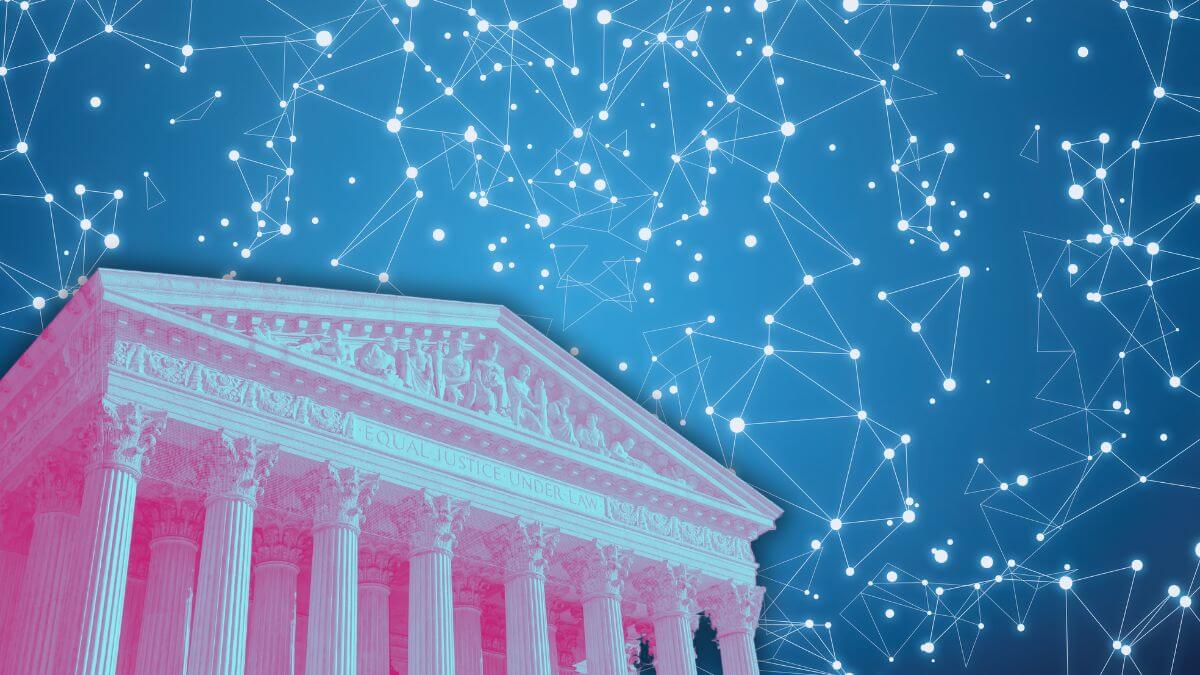Tag: policy
-

Spain Proposes Ban on End-to-End Encryption
A recent document leaked to Wired shows Spain vigorously advocating for a ban on end-to-end encryption within the European Union. The confidential document, a draft of a proposed cybersecurity law, presses for the creation of “backdoors” in encrypted communications. This would empower law enforcement to access encrypted messages without user knowledge or consent – a…
-

Supreme Court Defends Free Speech Online
In the recent ruling[1] by the Supreme Court regarding Gonzalez v. Google, the courts have elected not to reinterpret the foundational internet law Section 230, deeming it irrelevant to the case’s resolution. This decision came concurrently with another judgment in Twitter v. Taamneh, where the court determined that Twitter had not knowingly assisted terrorism.[2] The…

